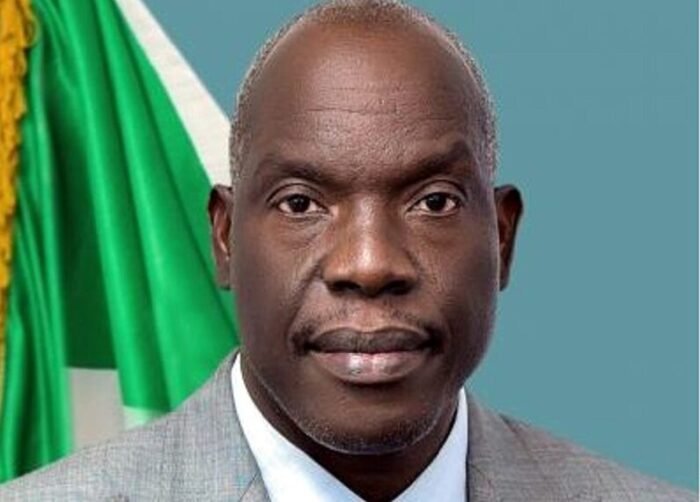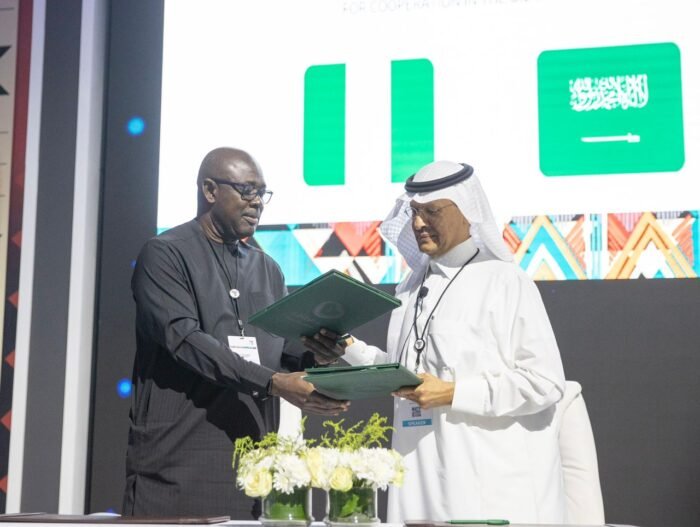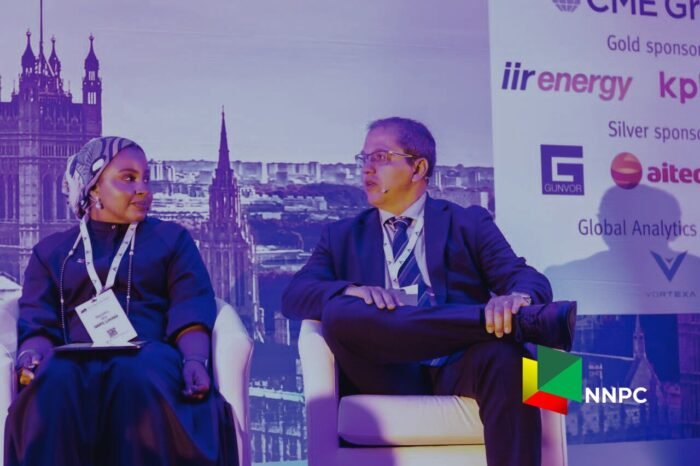NUPRC has zero tolerance for corruption, operates anti-corruption philosophy – CCE
By Emmanuella Anokam
The Nigerian Upstream Petroleum Regulatory Commission (NUPRC) says it operates anti-corruption philosophy and will continue to demonstrate zero tolerance for corruption in its dealings with other organisations.
The commission said as a creation of the Petroleum Industry Act (PIA 2021), it would remain committed, and be anti-corruption visible.
Mr Gbenga Komolafe, Commission Chief Executive, NUPRC, said this on Thursday in Abuja at an anti-corruption and transparency guidelines sensitisation session for NUPRC staff by the Independent Corruption Practices and Other Related Offences Commission (ICPC).
He said the sensitisation would precede the setting up and inauguration of Anti-Corruption and Transparency Unit (ACTU) in the commission.
ACTU is an ICPC initiative approved by the Federal Executive Council (FEC) in 2001 to serve as an in-house mechanism to curb corruption and build an ethical institution.
The ICPC officials in attendance were led by Mr Adebayo Obaniyi, Acting Director, System Study and Review Department, ICPC.
Komolafe said the forum was convened to sensitise the commission on the requirements for compliance with anti-corruption guidelines by the ICPC prior to the inauguration of its committee.
“As a revenue generating organisation, we are open and transparent and imbibe anti-corruption principle, while collaborating with other agencies in our dealings.
“Under my watch, we will continue to be transparent and remain a corruption free organisation while collaborating with ICPC and other anti-corruption bodies,” he said.
Komolafe, while expressing enthusiasm to collaborate with ICPC charged all members of staff to continue to display zero tolerance for corruption.
In an address, Mr Goddy Ineh, Head, Servicom, NUPRC, said as a revenue generating agency of the government it was important that it complied with guidelines of the ICPC.
Ineh thanked the CCE who deemed it fit that the unit must be instituted, thereby expressing satisfaction with the transparency and anti-corruption unit.
In a lecture titled, “Essence, Structure and Role of ACTU in MDAs,” Obaniyi underscored the need for both management and staff to embrace the concept of ACTU and ensure its success.
He stated that for one to be an ACTU member, he or she must have attained some level of integrity because it served as the ICPC engagement platform for public sector.
“ACTU is not a tool for bullying staff, witch-hunting or rival to management but staff must be given attention when necessary.
“It guides management on due process in procurement, promotion and discipline, among others,” he said. (NAN) (www.nannews.ng)
============
Edited by Salif Atojoko













